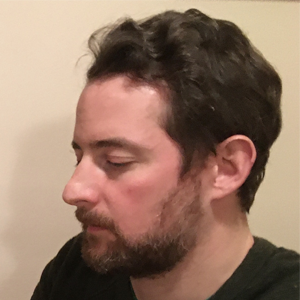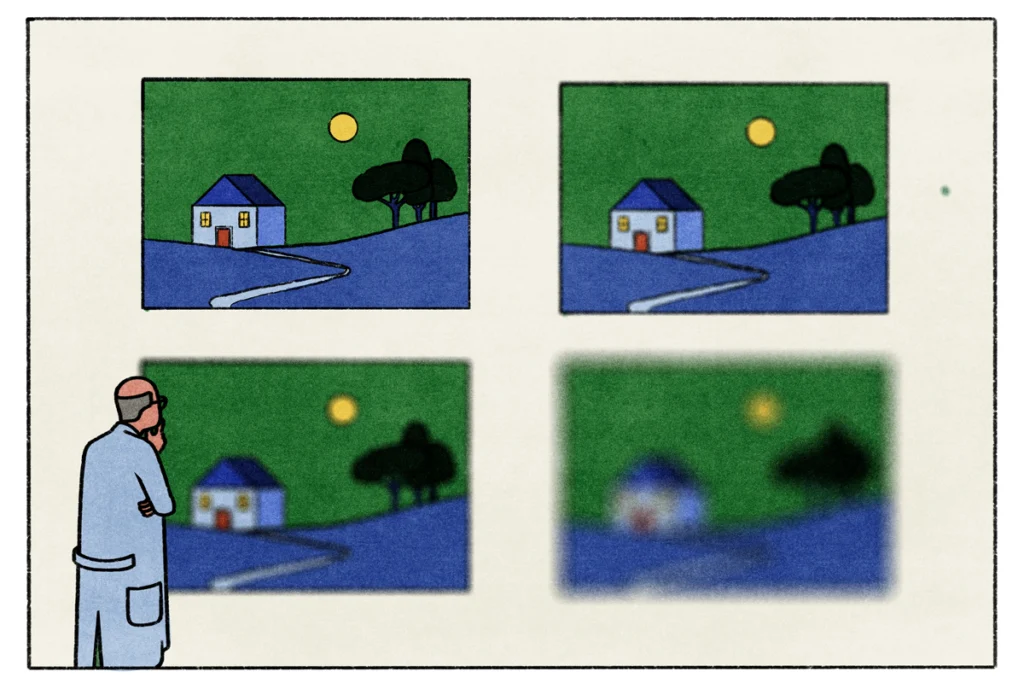Francis Fallon is associate professor of philosophy at St. John’s University in New York City. He is project director of Change Detection During Saccades, and a contributing member of the COGITATE Consortium. Both projects use empirical methods to test different theories’ competing predictions (“adversarial collaboration”) and are funded by the Templeton World Charity Foundation’s Accelerating Research on Consciousness initiative. He founded and co-directs the project Representation: Past, Present, and Future, supported by the Wellcome Trust Institutional Strategic Support Fund as part of Trinity College Dublin’s Neurohumanities program. He has published in PLOS One, Entropy, The Review of Philosophy and Psychology, Topoi and the International Journal of Philosophical Studies, among other journals. He also edited (with Gavin Hyman) “Agnosticism: Exploration in Religious and Philosophical Thought” (Oxford UP, 2020).

Francis T. Fallon
Associate professor of philosophy
St. John’s University
From this contributor
What are we talking about? Clarifying the fuzzy concept of representation in neuroscience and beyond
To foster discourse, scientists need to account for all the different ways they use the term “representation.”
Explore more from The Transmitter
Astrocytes orchestrate oxytocin’s social effects in mice
The cells amplify oxytocin—and may be responsible for sex differences in social behavior, two preprints find.

Astrocytes orchestrate oxytocin’s social effects in mice
The cells amplify oxytocin—and may be responsible for sex differences in social behavior, two preprints find.
Neuro’s ark: Spying on the secret sensory world of ticks
Carola Städele, a self-proclaimed “tick magnet,” studies the arachnids’ sensory neurobiology—in other words, how these tiny parasites zero in on their next meal.

Neuro’s ark: Spying on the secret sensory world of ticks
Carola Städele, a self-proclaimed “tick magnet,” studies the arachnids’ sensory neurobiology—in other words, how these tiny parasites zero in on their next meal.
Autism in old age, and more
Here is a roundup of autism-related news and research spotted around the web for the week of 2 March.

Autism in old age, and more
Here is a roundup of autism-related news and research spotted around the web for the week of 2 March.
